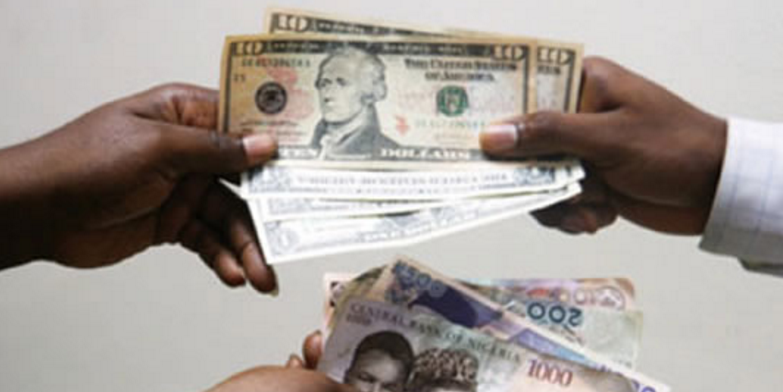The naira recorded further gain against the United States dollar on the parallel market on Wednesday, reversing part of the loss it had recorded in recent days.
Specifically, the naira rose to 505/dollar on Wednesday, up from 512/dollar on Tuesday, as the Central Bank of Nigeria started increasing dollar supply at the official market.
The CBN had on Monday introduced a new forex policy action aimed at boost forex supply to enable commercial banks to meet the needs of customers seeking dollar to pay school fees and medical bills overseas, as well as for personal travel allowances.
The CBN will therefore begin weekly sale of $1m to each of the country’s 21 commercial banks at N375/dollar to clear a backlog of demand for retail users and try to narrow the premium between the official and black market rates.
The decision was announced hours after the naira tumbled to 520/dollar on the parallel market on Monday as scarcity of the greenback continued to weigh on the exchange rates.
The naira had closed at 516/dollar last Friday, after hitting 510/dollar and 507/dollar last Thursday and Tuesday, respectively.
On Tuesday, the CBN carried out a wholesale intervention in the interbank foreign exchange market with the release of $370.8m to 23 Deposit Money Banks.
The Acting Director, Corporate Communications, CBN, Isaac Okoroafor, said the move was sequel to the apex bank’s promise to ease the difficulties encountered by Nigerians in obtaining funds for foreign exchange transactions.
Okorafor said the CBN’s intermediation in the forex market was the first wholesale intervention aimed at easing the pressure of access to forex on Nigerians who intend to meet obligations that fall under visible and invisible needs categories.
He further explained that the CBN offered $500m for sale to the banks, but not all of them provided enough naira backing to pay fully for their respective bid amounts.
Experts had said demand for dollar for school fees payment overseas as well as Personal Travel Allowance by intending travelers was taking toll on the exchange rate at the parallel market.
Source: Punch
This page has been viewed 358 times


























